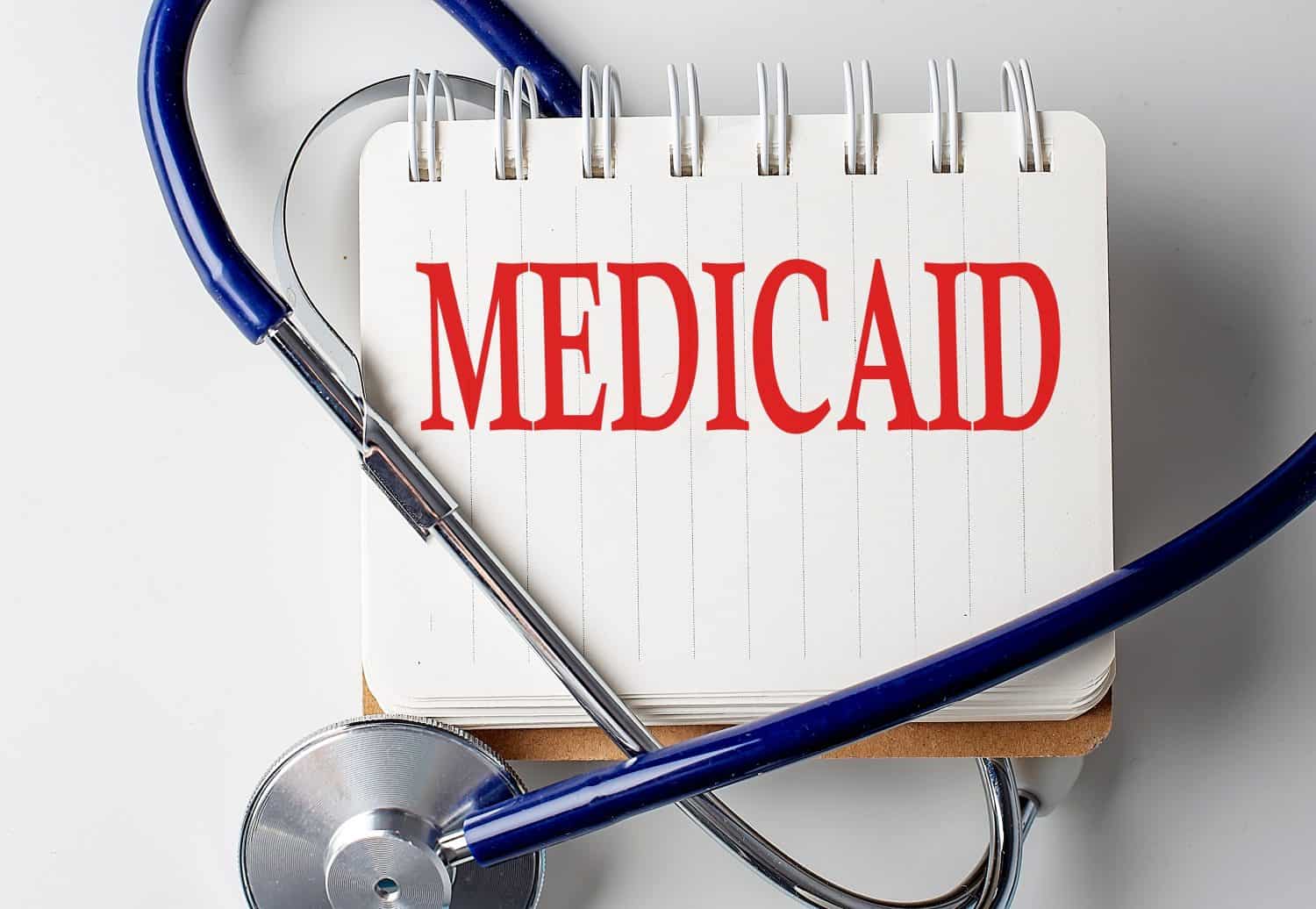
"Losing a parent is never easy, and the emotional toll is often compounded by unexpected financial burdens. A recent Reddit post highlights this struggle. Namely, after a user's mother passed away from cancer, a plethora of calls were received from hospital representatives asking about this person's mother and her application for Medicaid. Of course, every reader's heart will go out to a person in such a situation."
"But the question is still pertinent - should this user continue his or her mother's Medicaid application in a bid to cancel out some of the mom's debt from being in cancer for years? Or should this application be best left alone, with the estate and executor left to pick up the pieces? Let's dive in. What Happens to Debt After Death What's truly intriguing about dealing with the death of a loved one is the lack of information"
"In the case of medical debt, or many other forms of debt, that a deceased person may have accumulated during their lifetime, there are varying ways in which this debt can be handled post mortem. While many may assume that the parent's children will inherit this debt, that's not usually the case. Rather, it's typically the case that the deceased individual's estate will handle this debt."
After a person's death, medical bills and other debts are typically settled from the deceased's estate rather than passed to children. If the estate lacks sufficient assets, creditors often write off unpaid balances unless a family member co-signed or a state has filial responsibility laws that can assign liability. Applying for Medicaid after death generally will not retroactively eliminate debt unless eligibility existed before death and the estate pursues claims or adjustments. Executors should inventory assets, notify creditors, and consult probate rules or an attorney. Communication with hospitals and Medicaid should be documented to prevent repeated requests and protect the estate.
Read at 24/7 Wall St.
Unable to calculate read time
Collection
[
|
...
]